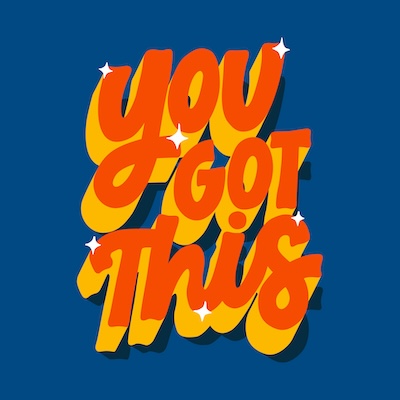
Welcome! We're glad you're here.
This page provides resources to help faculty offer meaningful feedback and support one another as peers during the appraisal process.
Find appraisal forms and a link to the union contract on the District website.
The initial meeting between appraiser and appraisee is an important opportunity to set the tone for the whole appraisal process. There are several things you (as the appraiser) can do to make that initial meeting positive and productive.
- Send a warm email introducing yourself and explaining the process.
- Set up the meeting time when both of you can focus on the interaction and be prepared with the forms and contract should the faculty member ask any questions about the process or forms.
- Prior to the meeting, be sure and read through the previous appraisal documents (if applicable), so that you can include those in the Pre-Appraisal form. Also, look at the syllabi that the faculty member uploaded to the Sharepoint Drive.
- Begin the meeting with some discussion of the value of appraisals (i.e. growth mindset, learning, curiosity, confidentiality, collegiality).
- Ask Coaching questions:
- What did you learn from your last appraisal cycle? What else? How has your teaching changed as a result?
- What would you like me to pay attention to during my observation (i.e., student engagement, instructions, class organization)? What areas would you most like feedback on?
- In what ways do you already excel in your work?
- What is the biggest challenge for you in your work? Why?
- What steps do you need/want to take to meet this challenge?
- What support do you need/want from me or others as you work to meet this challenge?
- Is there anything else?
- End the meeting with a time for the observation
AWE Coaching Questions
The notion of asking AWE (And What Else?) coaching questions comes from the book The Coaching Habit by Michael Bungay Stanier. The idea is that you ask open-ended questions intended to allow the mentee (or appraisee) to come to their own solutions and recognize their own feelings or decisions. They are seemingly simple, but often we are in such a hurry that we forget to ask them.- Learn more by reading this short article: Seven Essential Coaching Questions from the Coaching Habit.
- You can also become a TEACH Coach Mentor, where you can practice the questions and learn from Communication Studies instructor and coaching expert, Meg Farrell.
Please use the resources below for guidance when evaluating an online course (including your own!).
Use the BEAN Method
The BEAN method is focused on viewing instruction in multiple segments—Before, Engagement, Assessment, and Next Steps. This framework helps us pose questions to push our thinking as we watch our colleagues with their students.
Before: What does the instructor do before instruction starts?
- What does the instructor do to welcome students at the start of class?
- What does the instructor do before the specific lesson begins? (i.e. how does the instructor activate/welcome students’ prior knowledge on the topic; how does the instructor connect learning to student lives?)
- How does the instructor cue students about upcoming learning? (i.e., agenda, bulleted list, objectives)
- How do the students respond to the instructor?
Engagement: How does the instructor engage students?
- What strategies/ techniques does the instructor use to get students engaged in the topic? (i.e. small group, large group, think-pair-share, case studies, Kahoot)
- What evidence is there that the instructor connects with individual students?
- How do the students respond to the method of engagement?
Assessment: How does the instructor ensure learning?
- How does the instructor assess that students have learned the material? (i.e., does instructor stop and check learning throughout the lesson? Does the instructor give instructional feedback? Does the instructor provide opportunities for students to check their own learning?)
- How do students demonstrate their learning at the completion of the instruction? What do the students respond to the assessment?
Next Steps: What will you share with the instructor?
- What questions do you have about the lesson, students, or instructional strategies that were missing from your observation?
- What did your experience today teach you about instruction, or what ideas did it provoke for you?
- What suggestions might you have to help this instructor ensure engaged learning for students?
